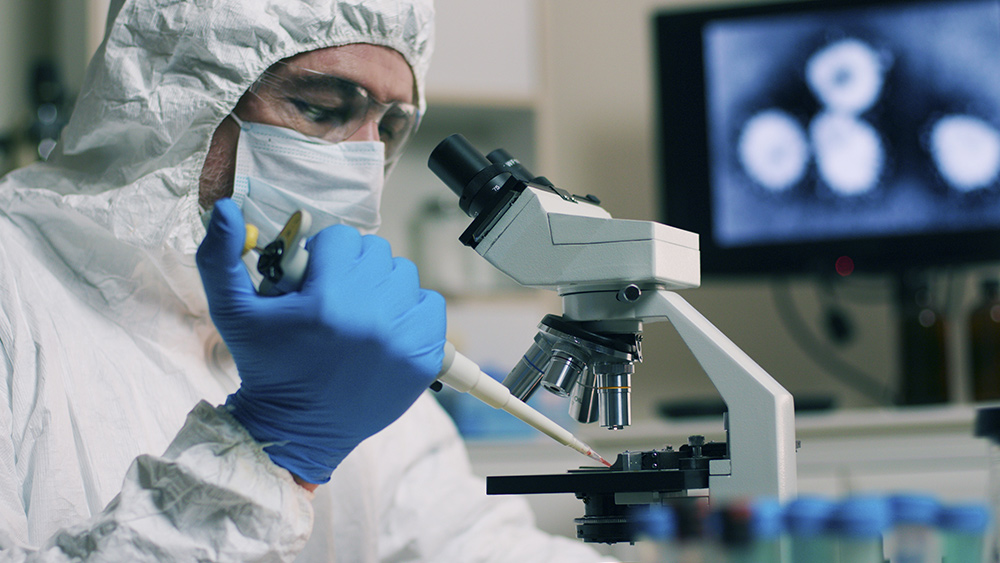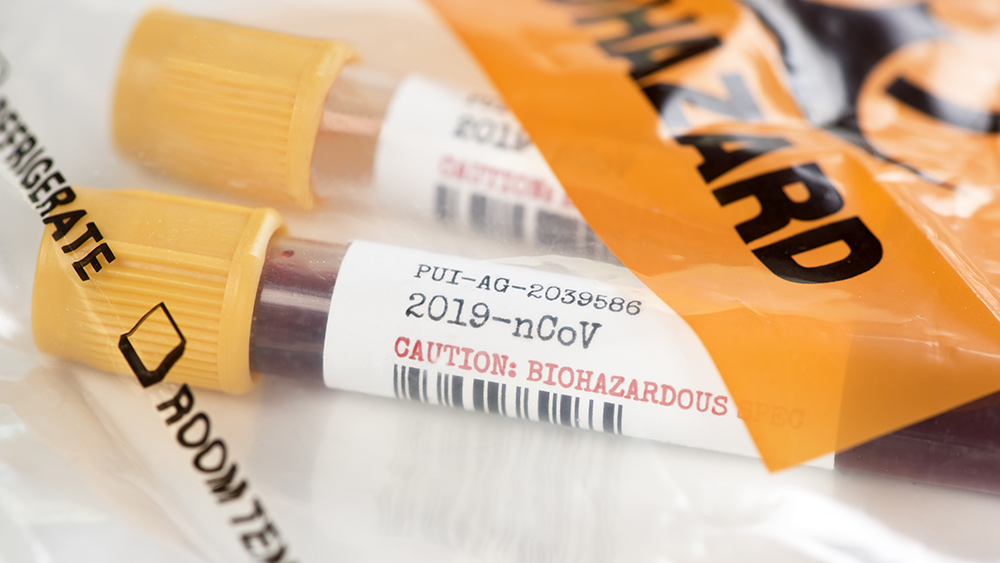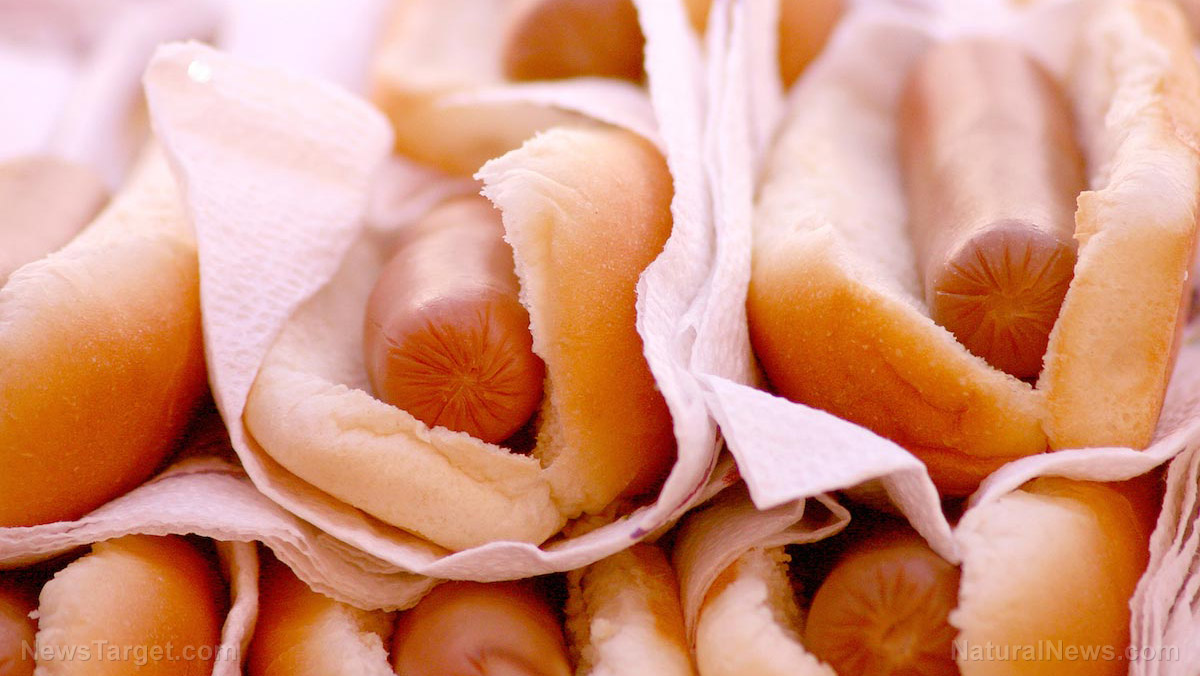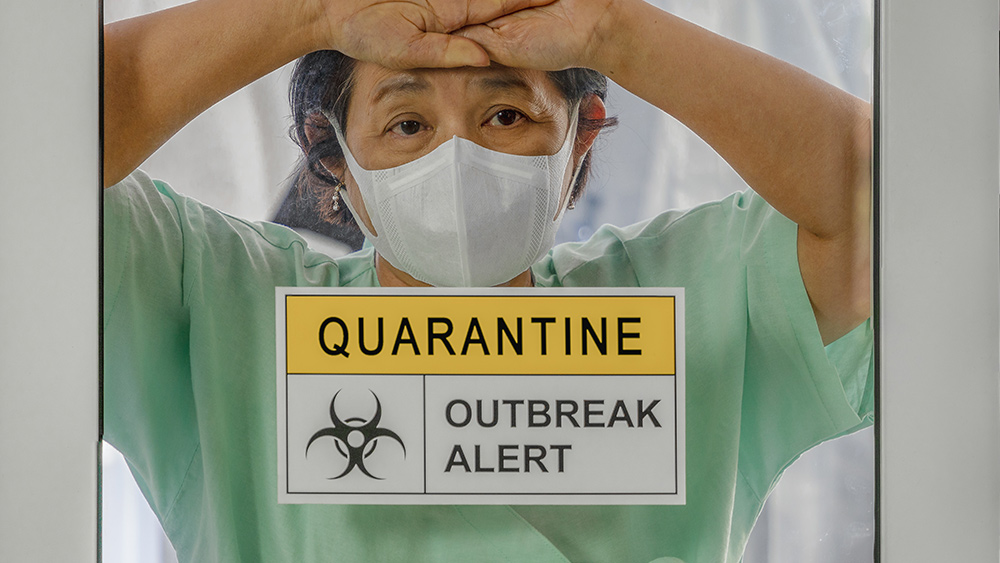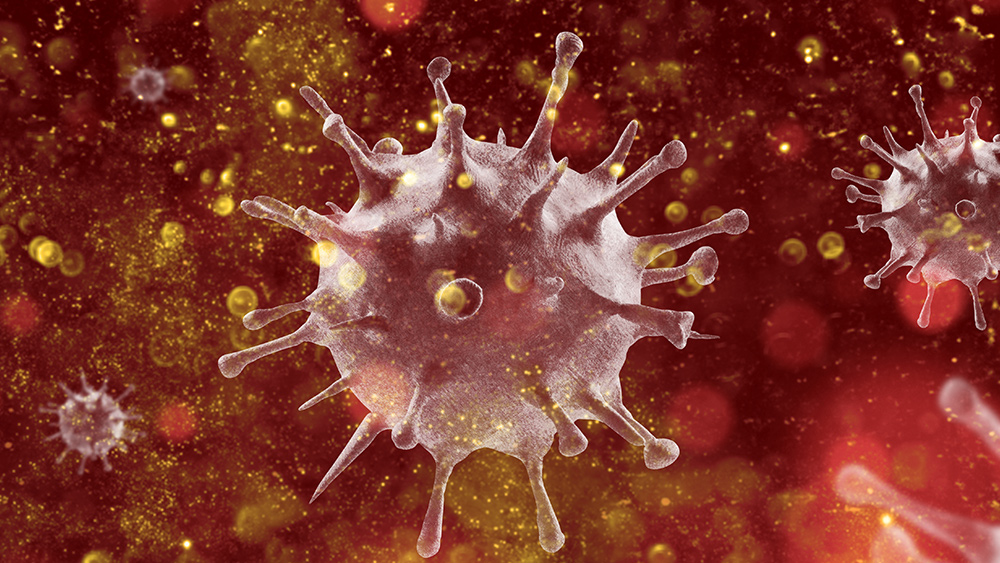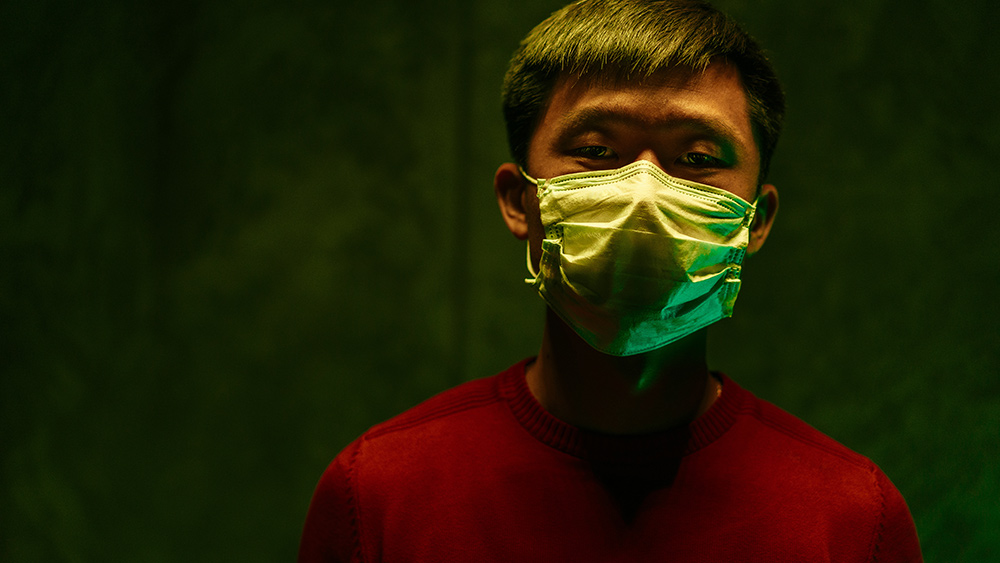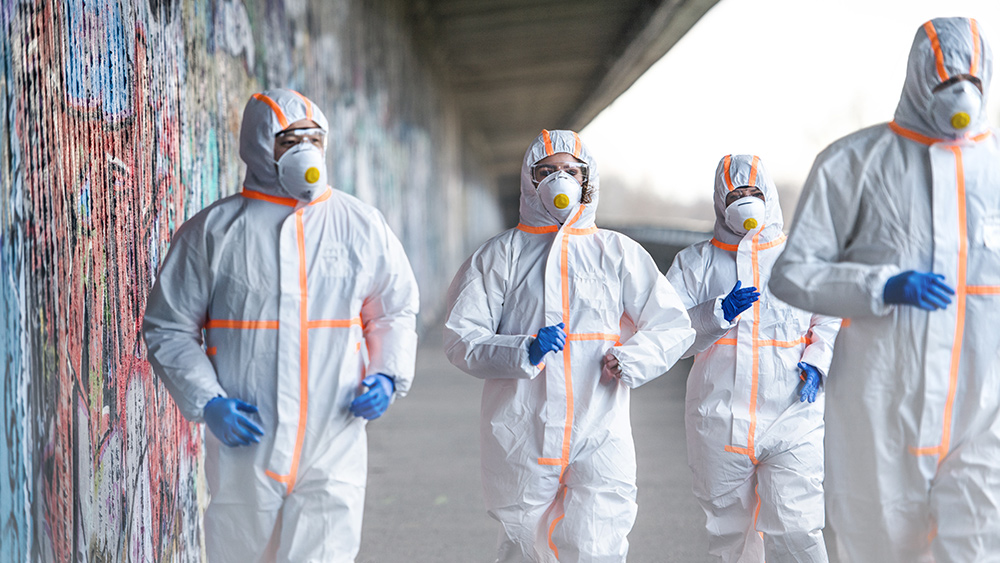COVID-19 outbreak hits drug factories, pharmaceutical shortage now inevitable
02/28/2020 / By Michael Alexander

Drug factories are potentially the next “collateral damage” of the COVID-19 outbreak.
This is after the U.S. Food and Drug Administration (FDA) announced on Thursday that a manufacturer alerted the agency about a disruption in its supply of a certain human drug.
FDA commissioner Stephen Hahn said the shortage is due to an issue with the production of an “active pharmaceutical ingredient” (API) used in the drug. According to Hahn, the still-unnamed manufacturer has confirmed that the shortage was traced to a site hit by the coronavirus.
Hahn, in a statement published on the FDA website, said the agency is now working with the manufacturer – as well as several others – in a bid to mitigate the shortage.
The FDA previously announced that it has kept in touch with over 180 manufacturers of pharmaceutical products, reminding the companies to evaluate their entire supply chain, with particular emphasis on the supply of their products’ APIs.
In addition, the agency said this week that it has identified about 20 drugs that either source all of their main ingredients from, or are finished in China, and that it has contacted their manufacturers to gauge if they would face shortages in light of the COVID-19 outbreak.
As noted by a CBS report, antibiotics such as amoxicillin, doxycycline, penicillin and other key drugs are at risk of running low since 90 percent of their core components are sourced from China. (Related: Desperate scientists inject monkeys with coronavirus to create vaccine.)
Is Big Pharma beholden to China?
This looming shortage is the exact scenario feared by writer Rosemary Gibson, who highlighted America’s dependence on China for medicine in her book “China Rx.”
Gibson, who has long advocated for the rebuilding of domestic drug production capabilities in order to safeguard the U.S. from a disruptive event like the ongoing coronavirus outbreak, is also a senior adviser to the Hastings Center, a bioethics research institute based in the USA.
“We have a couple of perfect storms that are colliding. Large parts of China are locked down. People are not going to work. They are not making essential medicines and even if they were made, transportation routes are blocked,” Gibson said in an interview with CBS MoneyWatch.
According to Gibson, one of her fears is that China could begin nationalizing and hoarding medicines that would otherwise be exported to the U.S. and other countries.
“Whatever supply of essential medicines China has is needed to care for Chinese people that are suffering. It means we in the US are not going to have as much as we thought we would. It’s very scary,” Gibson said in her interview.
Presently, the U.S. relies heavily on China when it comes to drugs and the ingredients needed for their production. In fact, according to the FDA, China, as of 2018, ranked second among the countries that exported drugs to the U.S.
In addition to medicines and their APIs, China also produces and exports numerous FDA-approved medical supply components such as insulin pumps, MRI machines, catheters and dental implants.
China’s hold on the global pharmaceutical industry is so deeply entrenched that according to Jayasree Iyer, executive director at the Access to Medicine Foundation, a non-profit organization that analyzes the world’s largest pharmaceutical companies, it would be very difficult for a foreign buyer like the U.S. to replace Chinese API supplies in the event of a substantial supply chain disruption, such as the ongoing COVID-19 outbreak which, as of press time, has already infected 83,368 and killed 2,858 people worldwide.
Sources include:
Tagged Under: Big Pharma, China, coronavirus, covid-19, disease, drug shortage, drugs, global emergency, infection, outbreak, pandemic, pharmaceuticals, pharmacies, prescription medications, virus

